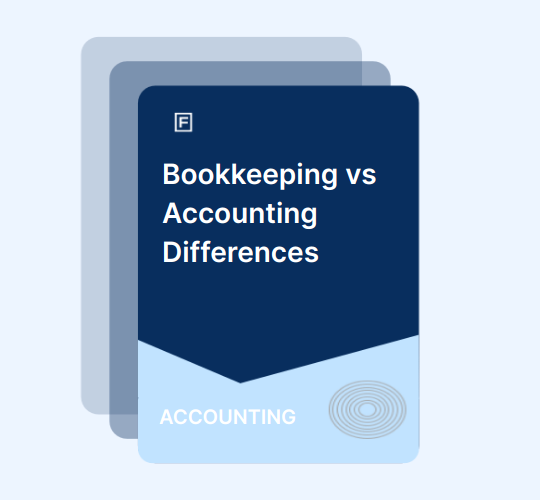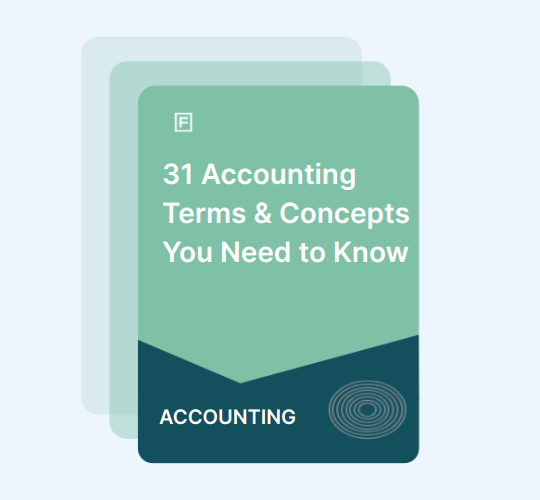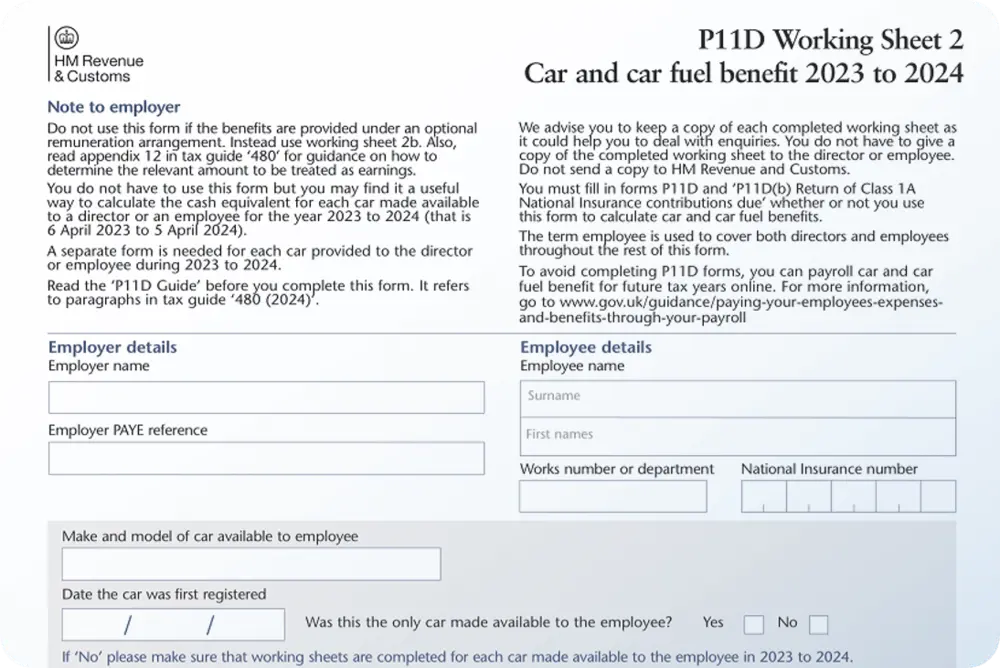Bookkeeper vs Accountant
As a small business owner, having a good grasp of your business financials is key-even if you've hired an accountant.
While you can delegate your accounting tasks, understanding the basics will place you in a better position when it comes to discussing your business finances with your team members, financial professionals or potential investors.
-
Previously, we've explained about the top accounting terms and concepts you need to know. In today's post, we'll explain the differences between bookkeeping and accounting. While these two terms are often used interchangeably, they refer to two vastly distinct functions and roles.
<p>As a small business owner, having a good grasp of your business financials is key-even if you've hired an <a href="https://www.goforma.com/packages/accountants-for-small-business-startups" target="_blank">accountant</a>. </p><p>While you can delegate your accounting tasks, understanding the basics will place you in a better position when it comes to discussing your business finances with your team members, financial professionals or potential investors. </p><p>-<br>Previously, we've explained about the <a href="https://www.goforma.com/small-business-accounting/31-accounting-terms-concepts-you-need-to-know" target="_blank">top accounting terms and concepts</a> you need to know. In today's post, we'll explain the differences between bookkeeping and accounting. While these two terms are often used interchangeably, they refer to <strong>two vastly distinct functions and roles</strong>.</p>
What is Bookkeeping?
Bookkeeping is the process of keeping records of the financial affairs of a business.
It’s an important part of the process of accounting, and comprises of tasks such as:
- Recording financial transactions
- Recording debits and credits
- Creating invoices
- Tracking accounts payable and accounts receivable
- Maintaining the general ledger
- Managing payroll
One of the key components of bookkeeping is maintaining a general ledger, which is a record used to sort, store and summarise a company's transactions.
Depending on the size of your business and the number of transactions that are completed, the complexity of your ledger can vary from spreadsheets to accounting software.
What is Accounting?
Accounting is the process of recording, interpreting, analysing and reporting of financial information.
While bookkeepers are involved in the initial stages of the process—which serves as the foundation of the entire accounting cycle, accountants are involved in all steps of the process. Additionally, accounting is more subjective, whereas bookkeeping is more focused on objective financial tasks.
Typical accountancy tasks include:
- Interpreting data to determine the financial health of the business
- Preparing financial statements
- Analysing costs of operations
- Completing income tax returns
- Helping small business owners understand the impact of financial decisions
The process of accounting generates reports that convey important financial information.
This allows small business owners to have a better understanding of the profitability and cash flow. Accounting converts information from the ledger into financial statements that indicate the financial health of the company, and how it is progressing on.
Business owners often look to accountants for help with the company formation process, financial forecasts, tax compliance and tax planning, tax filing, business loan applications and strategic planning.
Bookkeeper vs Accountant Similarities & Differences
We’ve outlined the key differences between bookkeeping and accounting above.
For greater clarity, here’s a quick overview of the similarities and differences between these two functions:
Similarities:
- They work with financial information, towards the objective of improving the financial position of your business
- Both roles require knowledge of accounting fundamentals
- Both are tax compliant
Differences:
1. Roles and responsibilities
Bookkeeper
- Records financial transactions
- Prepares the general ledger
- Keeps track of income and expenses
Accountant
- Analyses and interprets financial data
- Uses information from the general ledger and accounting journal to prepare financial statements
- Files tax returns
2. Credentials
Bookkeeping qualifications
While one needs to be knowledgeable about a wide range of financial topics and transactions, and possess an eye for details, they aren’t formal requirements to becoming a bookkeeper.
In most instances, a bookkeeper’s work is overseen by an accountant or small business owner.
Accounting qualifications
Generally, an accountant must have a bachelor’s degree in accounting or finance to qualify for the title.
Unlike bookkeepers, there are a range of different professional certifications that accountants may acquire. Examples include the AAT, ACA, ACCA and CIMA accountancy qualifications.
Bookkeeper vs Accountant Summary
Despite the overlaps in roles and responsibilities, accounting and bookkeeping are two distinct functions. We hope that our post helped to provide clarification on the similarities and differences.
Now that you’ve understood the differences, it’s time to decide on your next steps: should you manage your own finances, delegate the work to a financial professional or opt for an accounting software?
This decision is personal and depends on your business needs and objectives. If you need guidance, refer to our small business accounting resource hub for articles to guide you along, or reach out to our team at Forma with any questions you may have.











%20(1).webp)
























.webp)